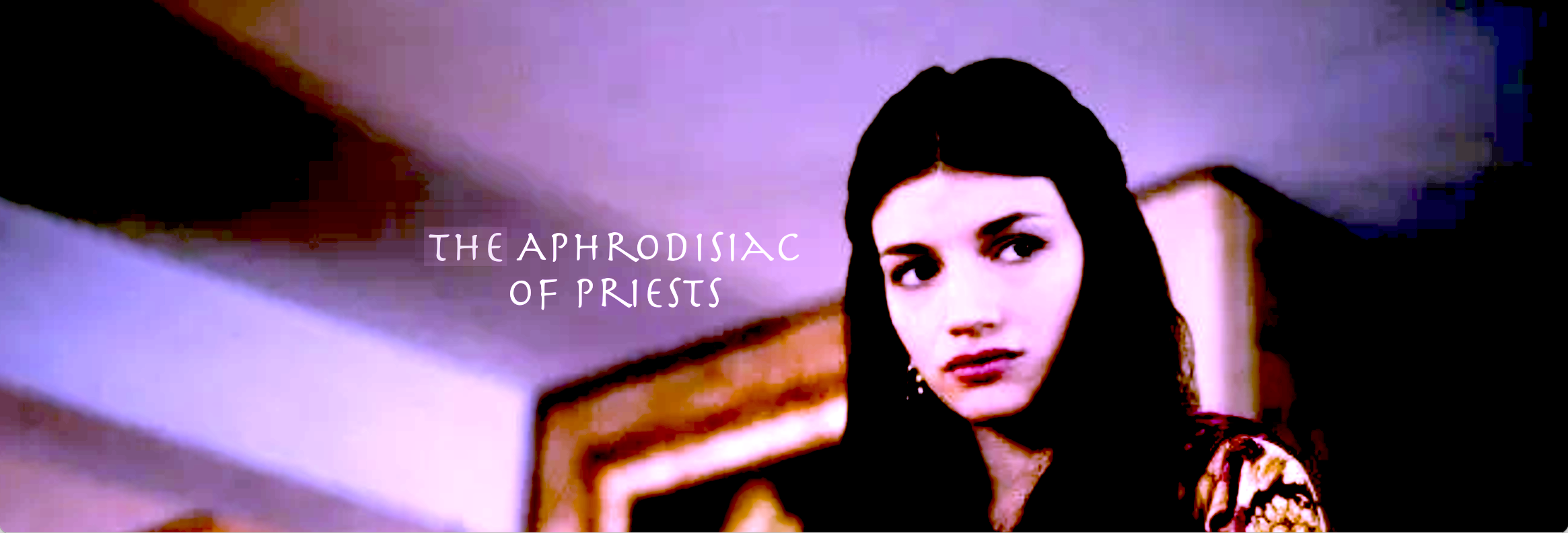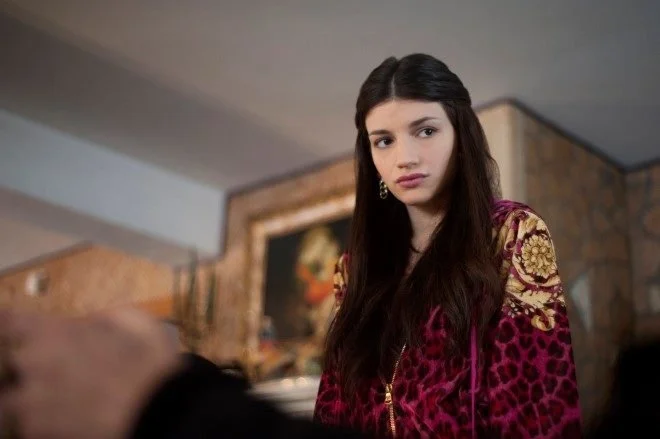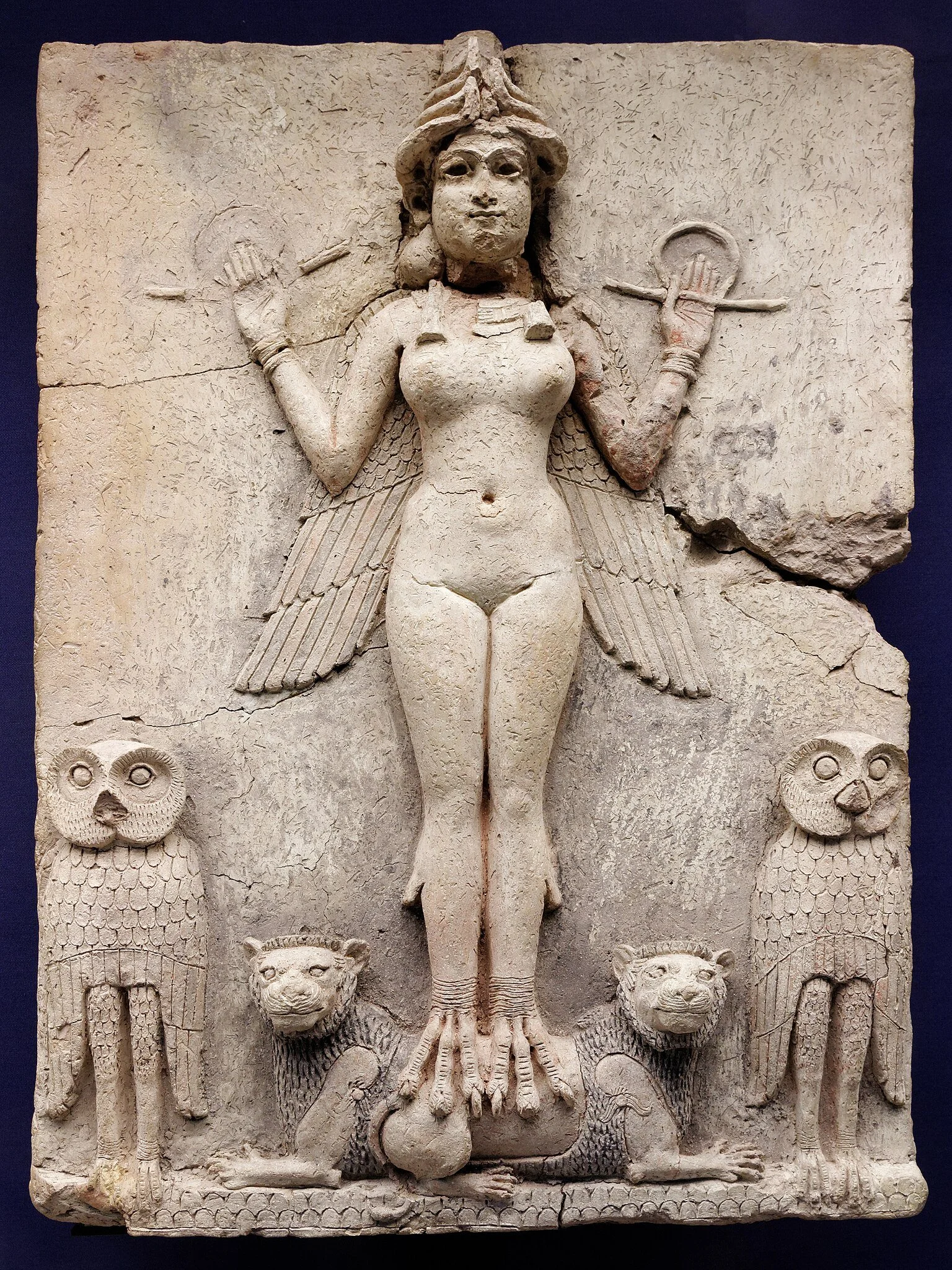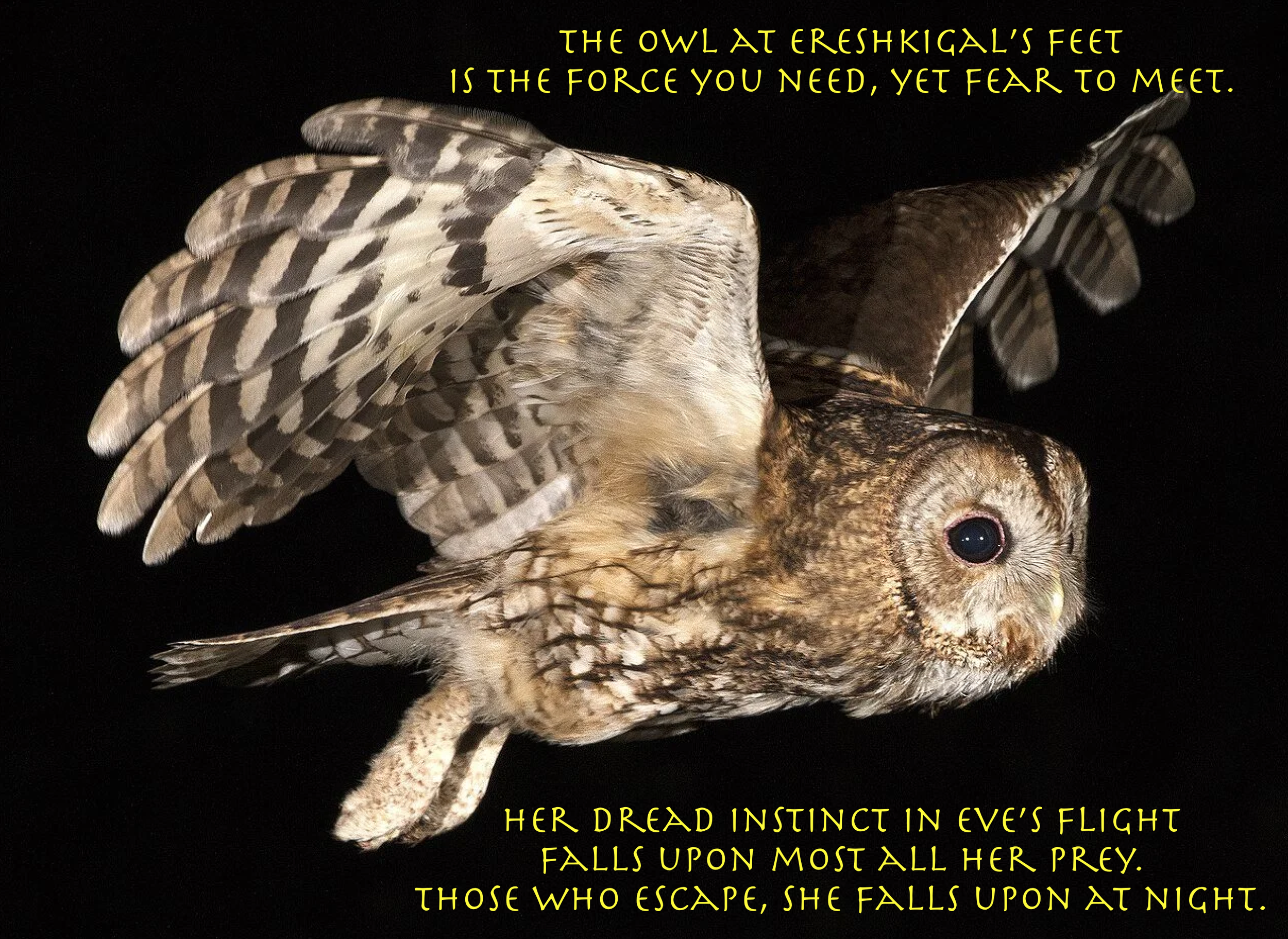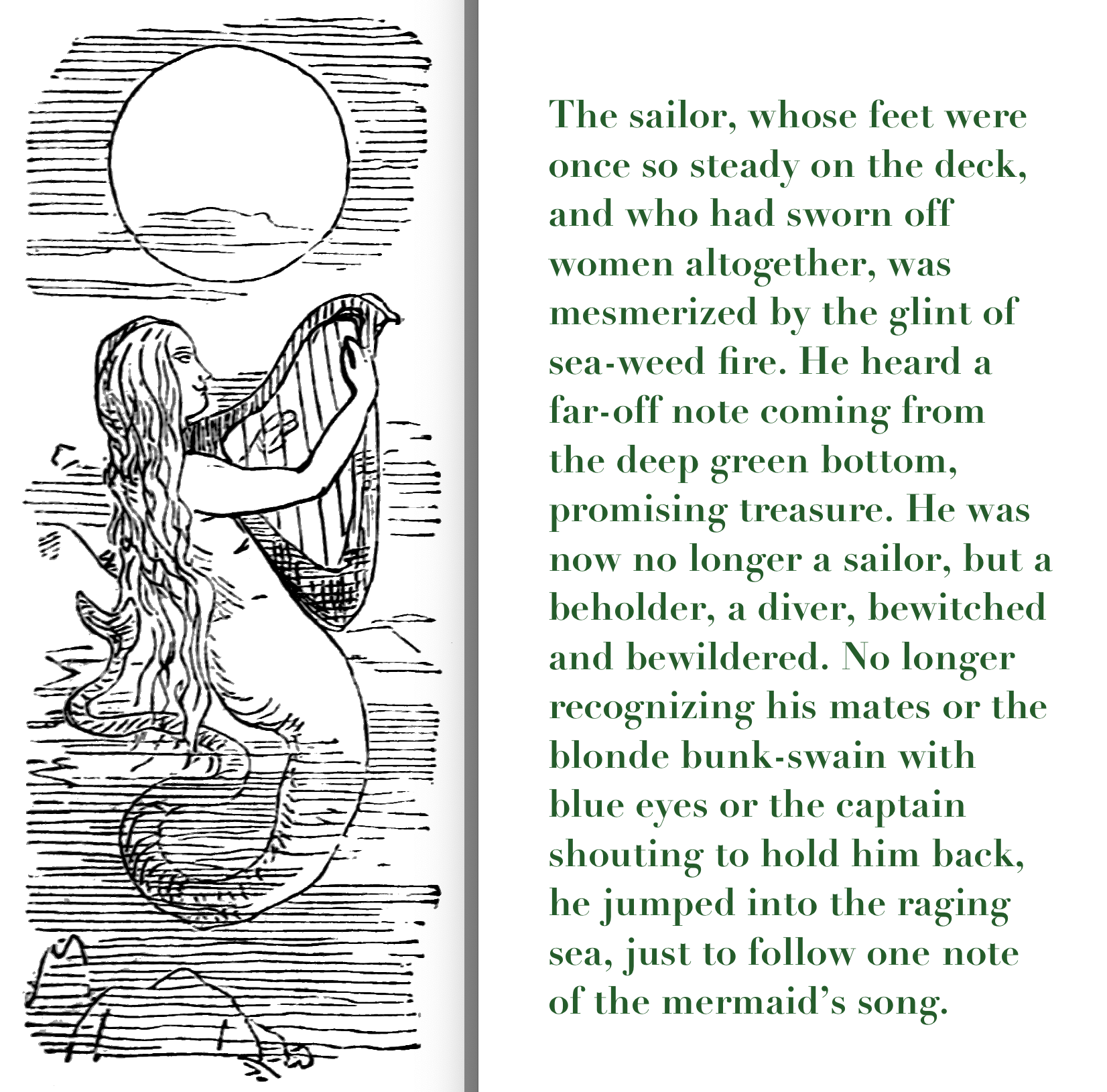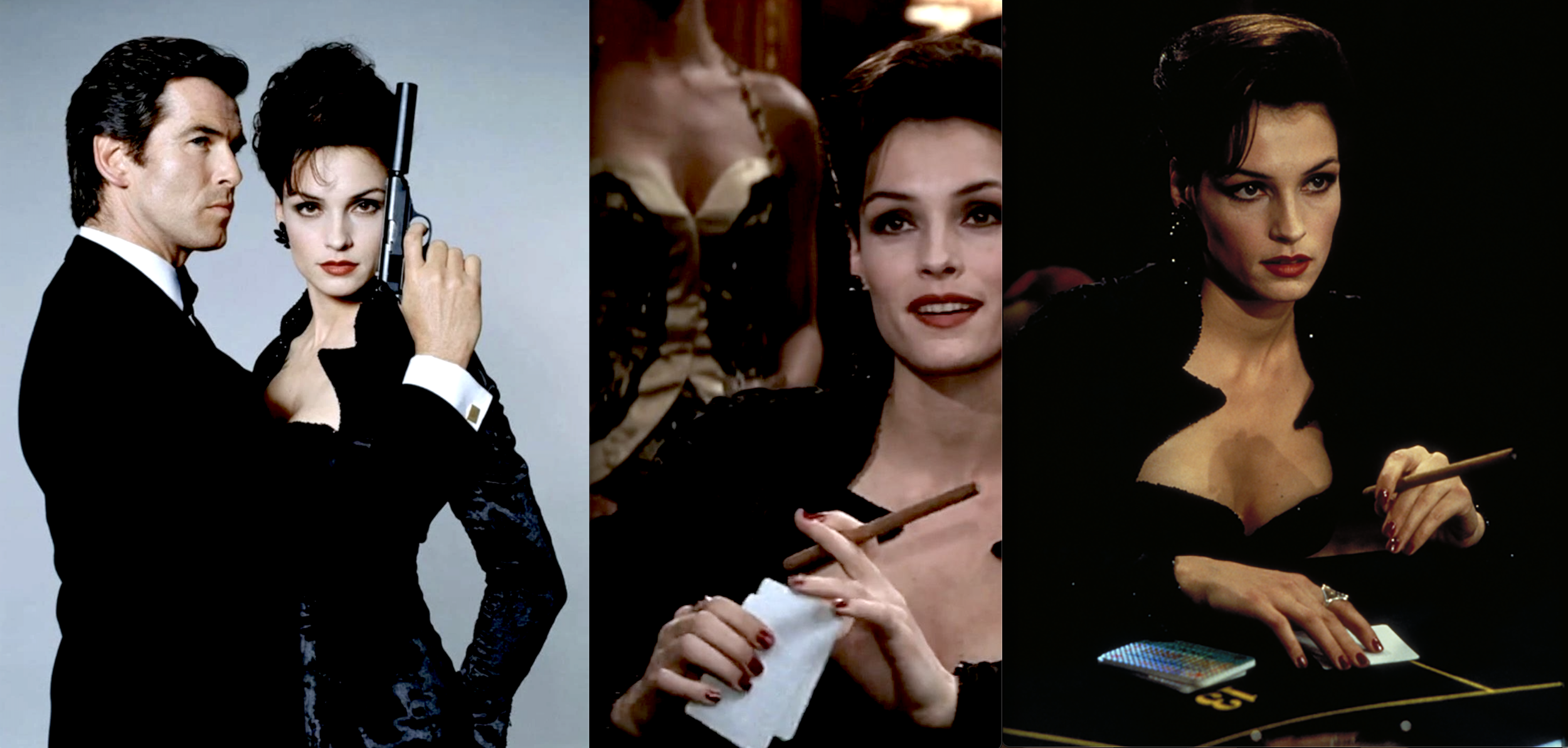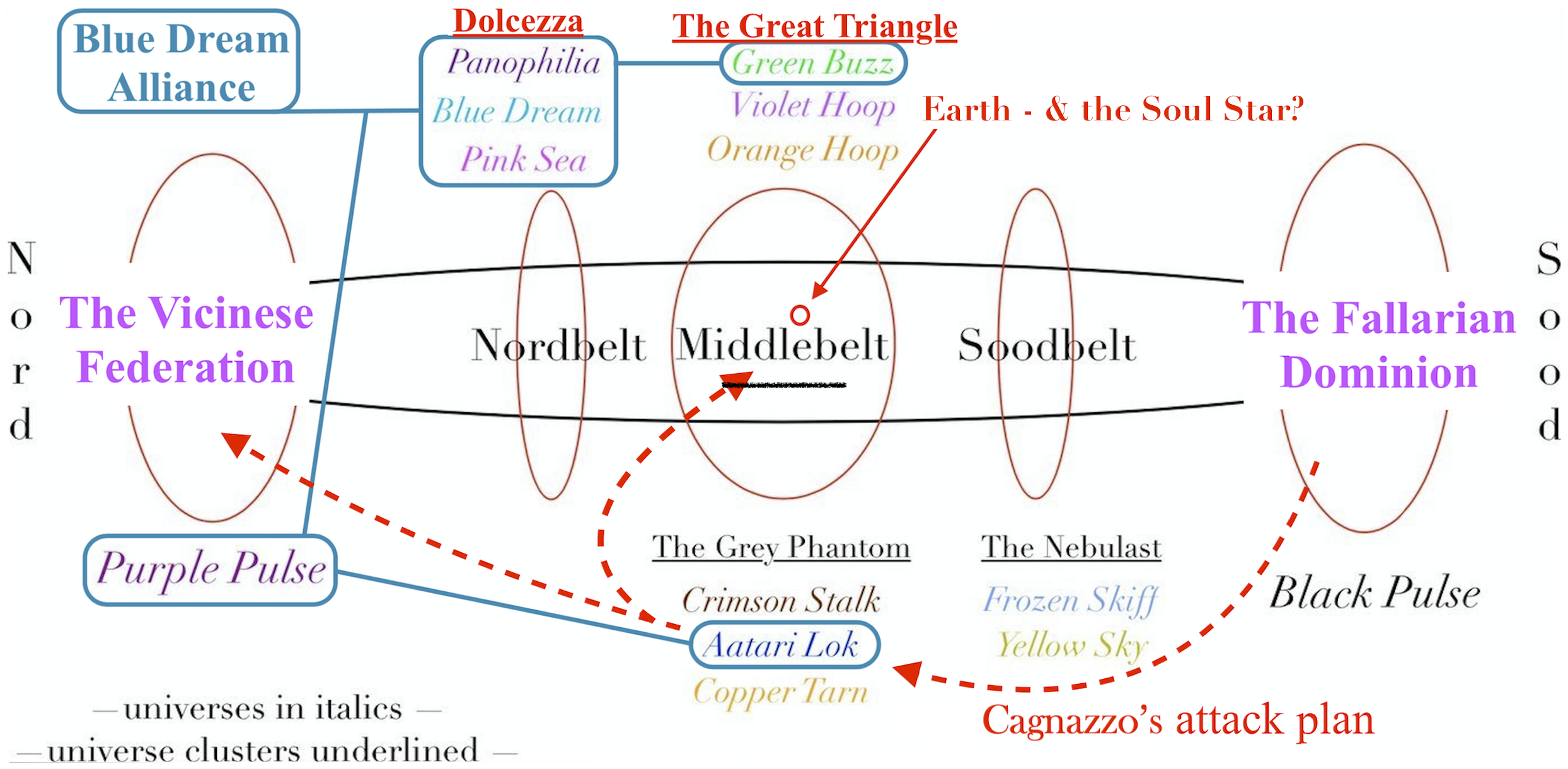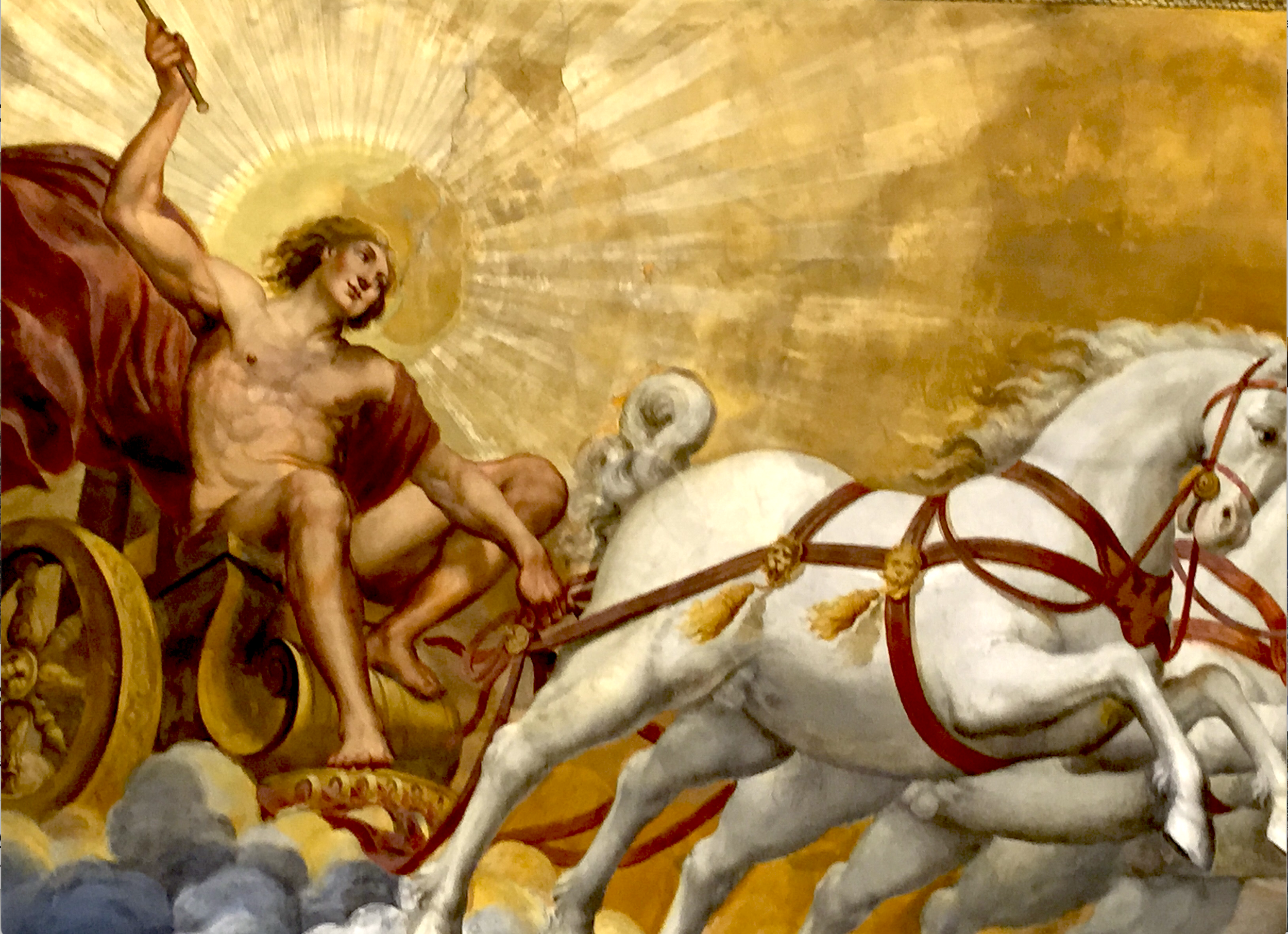The Great Game 🎲 Fallar Discordia
The Aphrodisiac of Priests
🎲
If you showed him a short video of a puppy jumping awkwardly over a cushion and flying into its mother’s arms, the Priest would show no emotion whatsoever. He’d merely think to himself, Who’d bother to make such a video? What kind of idiot would watch it?
If you showed him a video of a little boy gnawing on a dusty chicken bone in a scorching refugee camp, he’d wonder, What’s taking so long? Where are my cooks? I’m hungry, goddammit!
But then he’d reconsider his outburst. Eventually, he’d concede that such anger wasn’t worthy of him. He’d conclude, as the author of Ecclesiastes did so long ago, that all was vanity. What’s the point anyway? The cooks always put too much pepper-dust on the wild simorg. It’s nailed to the wooden plate, and presented to you with all the elegance of haute cuisine. But then the bird flails its wings and you end up sneezing in a cloud of dust. Who can eat like that?
If you showed Father Cagnazzo a fluffy pink loveliness, accompanied by the music of harps and violins, he’d bark at you, Stop that racket! Who’s behind that stupid cloud? What are you trying to hide? The antennae on his forehead would quiver with rage.
And yet, there he was, hunched in his dark priestly cloak, chuckling with glee.
The cryptogram Dactalla sent him was exactly what he needed. He had sent her on a dangerous mission into the very heart of Aatari Lok, and she had triumphed. She even went the extra mile, providing footnotes on how she got the files, and highlighting in red the places in each file which were most likely to interest him.
Her cryptogram allowed him to see how the Aataris ran their security system, and how Cagnazzo might get his hooks into the various branches of their judicial system. 200 years ago he had controlled an entire Aatari planet, yet in order for him to elude detection this planet needed to be in the dustiest corner of the Aatari Lok universe. Yet here he had an agent on Aatari Prime itself, two minutes by foot from the headquarters of the Secret Service. And not only that: his agent now had access to the private computer of the most highly-placed officer in the Aatari Intelligence Service.
The files Dactalla sent him were chock-full of incriminating detail. Kickbacks, bribery, embezzlement, lechery, and blackmail — a true delight! His wide insectizoid mouth made a gruesome smile, from ear to ear.
To the Priest, Dactalla was a gift from below. She was a sorceress of espionage, with a body as white as her thoughts were black. Bitumen-black, like her eyes. On Earth, the woman who looked most like Dactalla was Carlotta Antonelli, the resourceful gypsy from Suburra: Blood on Rome.
But to Cagnazzo she was no gypsy; she was a goddess, a dark-eyed Ereshkigal, wide awake among the sleeping Sumerians. It was impossible to hide secrets from her, just like it was impossible to hide your earthly deeds from the Goddess of the Underworld.
Dactalla could get in anywhere, penetrate any security system, and no one was the wiser. Her dark eyes, once in a storehouse of darkness, a boudoir of secrets, lit up. Each iris was a circular flame, each pupil a world of things that others never saw.
Winged, like all Fallarians, Dactalla was mistress of the pitch-black forest and the midnight plain, the echoing vale and the gathering rain. Cagnazzo had tried everything he could — art, music, AI simulation — yet only the abstraction of words could get at his obsession for her. And yet he despised poetry, that lying twisting of words and buckling of time that could make even an accountant curse, and stay up till midnight making the lines of his numbers rhyme. Trying to understand his derangement for Dactalla, Cagnazzo broke his two cardinal rules: 1. Thou shalt live in the world of facts and liberty. 2. Thou shalt not write anything stupid like poetry. And yet there it was, tattooed around his left thigh:
Dactalla proved herself to Cagnazzo three decades ago by unveiling the treachery of his colleagues Graffiacane and Draghignazzo. She duped both Priests with her dark eyes, and sounded their plans by merely lowering her blouse, one centimetre for every secret they let slip. They never suspected a thing. Cagnazzo had of course spied on her every step of the way.
Cagnazzo was now almost completely sure that Dactalla would never betray him. 99% sure. This was a staggering number for a Ferridian Priest. On average, they trusted their parents 2% of the time.
🎲
Dactalla came from the slums of Fallar Discordia, which resembled a war zone in eastern Congo. Cagnazzo wondered how she managed to survive in such an environment, where the violence of the trenches was never more than several blocks away. Yet the violence in the slums was casual and sporadic, often at the whim of some methanine-addled gangster. What kept Cagnazzo up at night was how Dactalla managed to make it through the tightly-controlled doors of the Borjès.
The Borjès was the headquarters of the spy agency run by the Ferridian Priests of the Black Horde. It was a heavy square building that loomed across Anarchy Square from the Capital, much as the Lubyanka loomed several blocks from the Kremlin.
Cagnazzo had looked into Dactalla’s background numerous times, but all he found was that she was a Derelectan and a hard-working member of society. She believed in individual liberty, self-interest, inequality, and self-reliance. In other words, she was a Fallarian.
Still, getting through the doors of the Borjès was no mean feat. Especially if you were a Derelectan, the most abused, abhored, feared race on Fallar Discordia. Cagnazzo concluded that she was either the genuine upstanding article or she had covered her tracks with exquisite skill. As a Ferridian Priest, he imagined the latter, and respected it more than anything else. Only the Omnipotent Father in His Empty Black Heaven knew what she’d done to get so far so quickly.
Cagnazzo controlled millions of elite spies and courtesans, yet he knew he could never make Dactalla his lover. He knew it the moment he met her a hundred years ago, when she first applied for service at the Borjès. I will never, ever lose myself in those black eyes, he told himself when she stepped into his office. He meant this in two ways. First, he’d never debase himself by pleading to be her lover. Second, he’d never be her lover because she’d never let him. The first way covered up the second as best it could.
Yet as the years went by, he admitted to himself that she was what he desired more than anything in the entire Fallarian Dominion. Still, he was too proud, and too wise, to beg for her affection. He would never weep before her dark eyes, never snivel before her majestic white breasts, never drop salt tears onto her white toes.
Nor would he find sinister ways to peer down her blouse. He told himself that he was above that type of voyeurism. But secretly he feared what might happen. While the breasts of the Derelectan were smooth and milky white — and large, always very large — beneath that perfect ivory skin her heart and lungs were fusion reactors of beauty and intoxication. A Derelectan could, by breathing in deeply and pushing her chest up and out, extend the gap between her neck and collarbone. Opening her treasure-chest, she could mesmerize whoever looked directly into its smouldering liquids and gems, its pungent oils and perfumes.
Cagnazzo wouldn’t lower himself to leer dumbly at such a cheap side-show of glittering lights and symphonic gimmicks. Instead, he would sit at a safe distance, observing with studied detachment how the rollicking depths cast purple and orange patterns onto her porcelain face, and how the notes moved in and out of the audible range, working here and there on the ears, the organs, and the solar plexus, tempering the nerves like a harpsichord or blasting the finest resolve like a carpenter’s workshop of hammers by Mahler.
Cagnazzo knew that the heart of a Derelectan was the heart of a siren. One look at it and you’d steer your boat straight into the wave-battered cliffs.
🎲
Looking more carefully at the cryptogram she sent, Cagnazzo saw that Dactalla’s liaison with Qayam the Aatari security agent had born orchards of fruit. At long last. It had taken decades, yet finally she had established herself as an innocuous travel agent, and seduced Qayam. She had lowered his guard to the point where she found herself unsupervised for three hours in his apartment, opening the files on his personal computer.
Dactalla included in her cryptogram detailed notes on how she got Qayam to let down his guard. She listed the sexual enticements she offered — starting with the minzin coat that fell down her slim legs, and the black satin shift that was so thin that Qayam could see her nipples and pubic hair. She described, somewhat ambiguously, the way she used her mouth and hands, to the point he couldn’t tell which was which. She also listed the drugs she used to put Aatari Lok’s top security agent firmly in Fairly Land for four straight hours.
Cagnazzo imagined her in action, as if she were at a card table in a Bond film. She was the icy-hearted yet welcoming Kseniya Onatopp. She was on a deep-cover mission to bring down that goodie two-shoes, that dandy James Bond, together with that almighty bin of toffee-nosed snots, MI6.
But why did Dactalla have to send him so much unnecessary information about what she did in the bedroom? He didn’t give a damn about that! Why didn’t she just file it in a separate report, in an appendix, or in the fucking end notes? Instead, she put the infernal details in point form in the footnotes, directly below the files copied from Qayam’s computer.
- drugs took effect - threw him on bed - jerked his cock a dozen times - got his attention - placed cuffs on hands and ankles - scraped my nails along —
Cagnazzo couldn’t bear the footnotes, and forced his eyes to the top of the screen.
The files were invaluable: they contained specific information about criminals, and also about the methods Qayam used to track them. The files laid bare how agents from Aatari Prime surveilled the trillion galaxies of the Aatari Lok universe. Much of their surveillance occurred on the Ataari planet of Kollarum, the most famous tourist resort and conference centre in the entire cosmos. Dactalla’s files also laid bare the manner in which Aatari agents communicated with their lawyers, judges, and politicians, and, even more astonishingly, how they communicated with their counterparts in the Vicinese Federation.
Cagnazzo was beside himself with glee. This was the information he needed to infiltrate the Blue Dream Alliance, the coalition of six universes dominated by the Vicinese Federation.
By worming his way into Aatari Lok, Cagnazzo planned to bypass the three universes in the Dolcezza, all of which were firmly controlled by the Vicinese. This would allow him to do two things. First, this would allow him to infiltrate the Vicinese intelligence network. He had already gone some way to this goal by seducing the wife of Giorgio Obrion, the Director of the Vicinese White Guard. Second, this would allow him to establish an operational spy network in Aatari Lok. This would give him a base to infiltrate the Violet Hoop, which was home to Earth and the elusive Soul Star.
According to legend, the Soul Star lay somewhere in the Local Void of the Virgo Supercluster. Rumoured to lie at the centre of everything, it was the heavenly place to which souls travelled after their bodies died. Yet figuring out the exact “centre of everything” was difficult, given that galaxy walls and universes shifted constantly. It was even more difficult to calculate the trajectory of souls at the moment of their death, given that their trajectory was only measurable for a second or two.
Cagnazzo had spent centuries trying to measure this trajectory. 200 years ago he built a death laboratory on the planet of Tarry Doom (also called Tarry Dot). His hope was that by triggering a series of mass extinctions, he might detect a stronger and more accurate trajectory signal. From there, he hoped to capture the energy of this signal, and direct it where he pleased. Yet his lab was blown up by what he called the enemies of science. These were the same idiots who were obsessed with Earth and its potential to be a Gateway to Heaven. These Idiots pointed out that Earth was, as primitive Earthlings once said, at the centre of the universe. Yet these idiots were as clueless as the primitives who once insisted that the Earth was flat.
Of course Earth was at the spatial centre of the universe. Yet for how long? The Vicinese planted their Soul Star in the centre, yet the Fallarians created their own Black Star, the densest black hole in the cosmos — a stellar counterpart indeed! For centuries Cagnazzo had been working on a technology that could magnify the Black Star’s density. In Time, he hoped to see the Star become so dense that the other twelve universes of the Kraslika would revolve around the Black Pulse.
He saw the Kraslika twirling like a fiery comet with the Black Star at its centre, rocketing through outer space to who knows where. At the dusty tail of this whipping fireball was the Vicinese Federation, flailing and flying apart into the dark embers of the cosmos. Or, better yet, the Vicinese and all their poetic nonsense would be flung off the Congo-line of burning universes and crash into some dense field of intergalactic tar. Reduced to the scattered nothings of the comet’s tail, the Vicinese would land in an inky Cloud of Unknowing. They would spend decades, perhaps centuries in this backwater of science and superstition, where the gentlemen wore black stockings and looked up into the sky to see if there could possibly be life beyond their tiny planet.
The idiots would no doubt respond with the same old song about the mystic connection between Earth and the cosmos, about the mystic crystal revelation that would one day bring all races together as One. Cagnazzo couldn’t think of anything worse.
So what if human poets wrote about a heavenly star whose worth’s unknown although its height be taken? So what if their planet mirrored the cosmos in strange ways? He didn’t care that the Vicinese and Fallarian word manipulare was the same in Italian, or that the German word Hölle was the same word that the Vicinese and Fallarians used for Hell. Humans were pre-fractal idiots. Its height be taken — what a laugh! Humans couldn’t even measure the size of their own universe! Cagnazzo couldn’t care less about word origins. And he couldn’t care even less about poetry.
But one thing he did care about was getting control of the Soul Star. And this for four reasons:
🔺 First, he wanted to turn it into a second Black Star, that is, into a dense point that he could control and that could take in all the energy around it. He’d then point this Star, with its infinite laser, at his enemies. And by enemies, he included the Ferridian Priests who didn’t follow his orders — backstabbers like Graffiacane and Draghignazzo. Then, once the original Black Star was dense enough, it would suck this second Black Star into its vortex, thus igniting the engine which would propel the entire Kraslika across the heavens like a burning comet.
🔺 Second, he wanted to deactivate that part of the Soul Star which allowed his enemies to find a place to hide. Why should they be granted an eternal refuge, forever beyond his grasp? What was all this nonsense about Grace and Reconciliation?
🔺 This second reason brought up a third, which sprang from the worst of his fears, from what he wanted most to avoid: succumbing to the pull of the Soul Star himself. What if he too, at the moment of his death, was overpowered and sucked into its angelic vortex? What if he too was left forever sitting on some cloud, harp in hand, talking about his feelings to a stupid cherub? He could see it already: the brainless child yanked him by the throat, while his fellow idiots taught everyone to bounce on clouds as if they were trampolines.
If he took control of the Soul Star he could teach the little numbskulls how to behave in the presence of their betters. He might even teach them how to ride one of his four white stallions with black eyes. Better to whip them with your riding crop, he thought to himself, than to allow them to stick their noisome violins in your finely-tuned ear.
Cagnazzo believed that it was better to seize the Soul Star now, while he still had Time in his hands,. Better that than to languish forever in his slow-chapped power.
🔺 His fourth reason was something of an alternative plan: perhaps he could refit the Star for a different purpose. If the Star could be used to store souls for eternity, it could be used to make those souls do his bidding for eternity. Why fling all of existence across the heavens if you could make the heavens your slave? Better to reign in heaven than fly endlessly through eternal darkness. While he liked the scenario of flinging the Vicinese into a field of intergalactic tar, he knew it would be more satisfying to control them forever, and then watch them fume with eternal frustration.
He could see it all: Time’s wingèd chariot hurried near, and yonder all before them lay deserts of vast eternity. There, on those arid plains, the old gods Shamash and Helios worked 12 hours a day doing his bidding in dark back alleys, digging canals and uncovering secrets, constructing ziggurats and threatening the justices of the peace. No longer would they get to hold the reins of their precious sun-chariots.
Instead, they would be demoted from charioteer to steed. They would spend their days weeping hot tears onto their trampled reins.
Like a king in a soliloquy, Cagnazzo concluded his feverish dream: “Thus, though we cannot make our sun / stand still, yet we will make him run.”
The only drawback he could see in all this was that it rhymed.
🎲
Next: 💍 Au Quartier Latin
Contents - Characters - Glossary: A-F∙G-Z - Maps - Storylines

